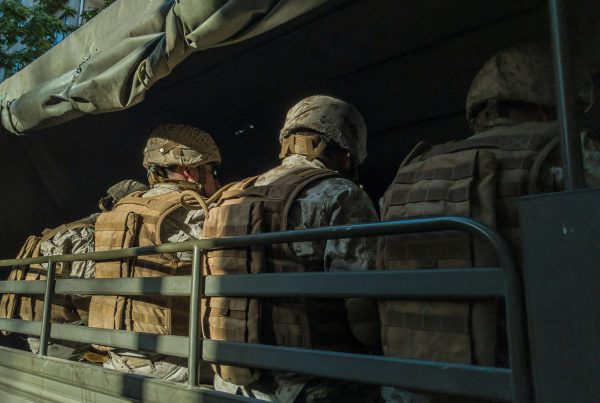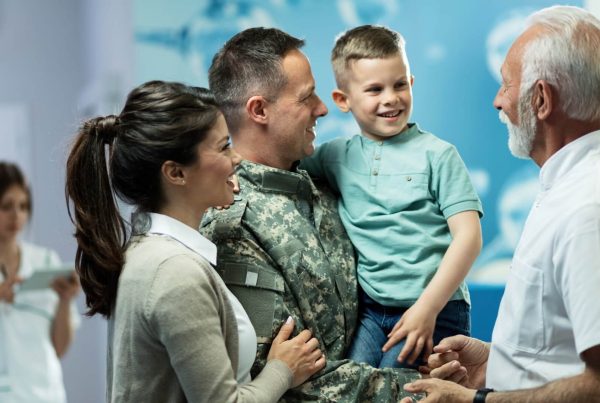Mental health continues to be one of the most pressing challenges faced by Veterans. Conditions such as post-traumatic stress disorder (PTSD), depression, and anxiety remain prevalent, often connected to experiences during military service. In response, the VA has steadily expanded its mental health services, and in 2025, telehealth is taking center stage as a critical tool for ensuring that Veterans receive timely, accessible, and effective care.
The VA reports that nearly 1 in 4 Veterans who seek care rely on mental health services. However, long wait times, limited access to providers, and stigma often discourage Veterans from getting the help they need. Telehealth has become a lifeline, especially for Veterans in rural or underserved areas. By using secure video appointments, Veterans can now connect with licensed psychologists, psychiatrists, and counselors from their homes. This reduces barriers such as travel time and makes it easier for Veterans with mobility challenges to access consistent care.
In 2025, the VA has expanded its TeleMental Health (TMH) program, integrating new platforms that are mobile-friendly and HIPAA-compliant. These upgrades allow for smoother video sessions, online scheduling, and easier communication between Veterans and their providers. The VA has also launched initiatives to improve internet access for rural Veterans, partnering with local providers and offering subsidies where broadband coverage is limited.
Telehealth is not just about therapy sessions—it also extends to medication management and group therapy. Veterans with PTSD, for example, can now participate in group counseling sessions virtually, connecting with others who share similar experiences. This sense of community can reduce isolation and help Veterans build stronger support networks. Additionally, psychiatrists can prescribe and monitor medications through telehealth, ensuring Veterans maintain consistent treatment without gaps caused by travel or scheduling difficulties.
Another critical development in 2025 is the VA’s emphasis on integrating telehealth with in-person care. For some Veterans, a blended model works best. For example, a Veteran may attend monthly telehealth counseling sessions while also visiting a local VA medical center quarterly for comprehensive evaluations. This hybrid approach ensures that Veterans receive both convenience and thorough medical oversight.
The VA has also taken steps to improve confidentiality and comfort, addressing concerns about privacy. Veterans can now request telehealth appointments through encrypted mobile apps, with added features such as virtual check-ins and secure document sharing. This makes it easier to discuss sensitive issues without fear of information leaks or stigma.
Most importantly, telehealth is making a significant impact on suicide prevention efforts. The VA’s crisis line and telehealth services are now more interconnected than ever. If a Veteran reaches out in crisis, providers can immediately schedule follow-up telehealth sessions, ensuring continuity of care. According to early data, this integration has already helped reduce the number of Veterans falling through the cracks after an initial crisis call.
For Veterans hesitant about telehealth, the VA continues to provide in-person mental health care. However, the expansion of telehealth ensures that no Veteran is left without options, regardless of location or circumstance. Accredited representatives and Veteran Service Organizations (VSOs) are also helping Veterans navigate the new telehealth systems, ensuring they are comfortable with technology and fully aware of their mental health benefits.
In conclusion, VA telehealth in 2025 represents a major leap forward in addressing Veterans’ mental health needs. By offering flexibility, accessibility, and confidentiality, it helps break down barriers that have long prevented Veterans from seeking care. For those struggling with PTSD, depression, or anxiety, these updates ensure that help is closer than ever—sometimes just a video call away.



